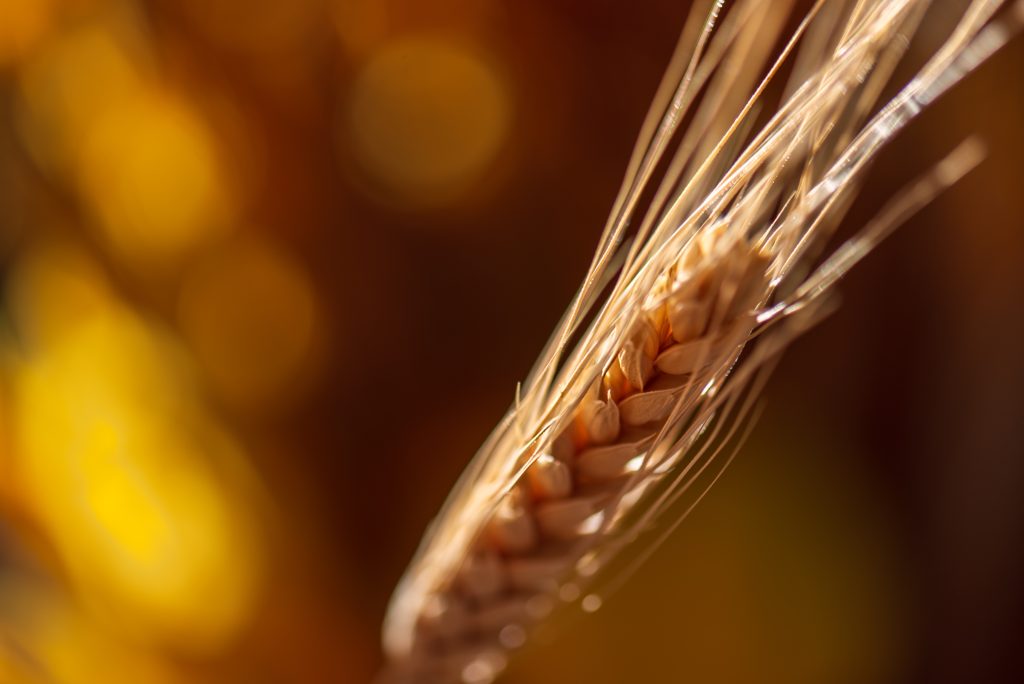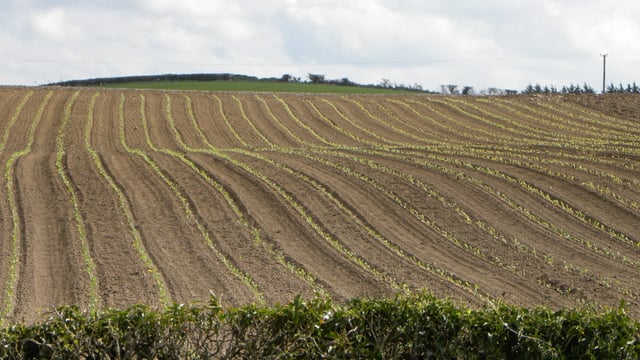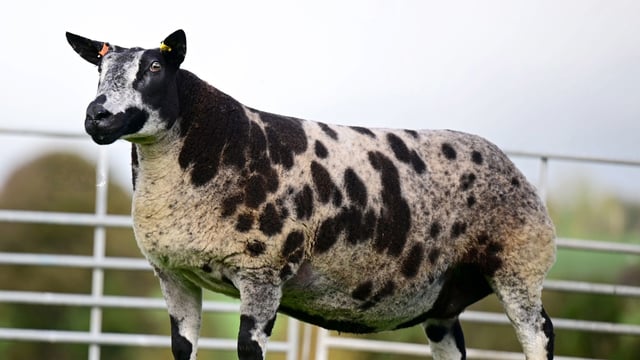No 'silver bullet' available to achieve UK 30:50:50 agri targets - consultancy
There is no silver bullet available to achieve the UK-wide 30:50:50 targets for agriculture, according to ADAS.
The UK-based agriculture consultancy stressed that "solutions must be wide-ranging - there is no single silver bullet".
ADAS said: "If we take land sparing as a strategy, we must also ensure that due attention is given to agronomic management.
"For example, farms must ensure that nutrients are not limiting yields and crops are adequately protected from pests, weeds and diseases via integrated pest management methods."
The 30:50:50 targets were established by an all-party grouping of MPs at Westminster earlier this year.
The Feeding Britain Sustainably to 2050: The 30:50:50 Mission report aims to address food security and environmental concerns simultaneously by 2050.
In practical terms, this will mean producing 30% more food while reducing the environmental input of production agriculture by 50% by 2050.
The MPs advocated for a land sparing strategy, where high-yield farming on some land allows other areas to be dedicated to natural habitats, with 60% of land to be allocated to high-yield farming, 25% to natural habitat, and 15% to low intensity farming.
To enable a consistent, evidence-based approach to the collection and integration of farm-level data, the report called for the development of a new National Farm Data Initiative (NFDI) to coordinate the collection and integration of farm data and provide a single metric for consumers, policy-makers and investors.
Alongside the NFDI, the 30:30:50 vision is also recommending the establishment of a new national Knowledge Exchange capability.
ADAS
At the heart of the ADAS response to the 30:50:50 report is the proposition that its Yield Enhancement Network (YEN) service can play a key role for the arable/tillage sector.
Over the last 13 years, ADAS has created a database of thousands of arable crop yields.
These demonstrate that high-yielding wheat crops had a similar spend on crop inputs and much higher gross margins over variable costs compared to lower-yielding crops, according to the agriculture consultancy.
In addition, high-yielding wheat crops were associated with fewer greenhouse gas emissions per tonne and negative fertiliser nitrogen (N) balances.
ADAS said: "The knowledge already gained through YEN to achieve higher yields could contribute to the goals of 30:50:50 mission and wider national objectives on food security, environmental improvement, biodiversity, and economic development."
The agriculture consultancy noted that increased yields are also fundamental to reducing the carbon intensity and environmental footprint of crop production.
According to ADAS analysts, nitrogen (N) fertiliser is "responsible for more than half of greenhouse gas emissions from arable crop production; yet significant reductions in N application rates risk compromising yields".
However, YEN data analysis indicates that the relationship between variable costs/ha and yield is not strong, ADAS said.
"In other words, high yields are not achieved by simply turning up the inputs.
"Therefore, farms must invest in optimising systems to maximise yields with fewer inputs," ADAS added.













